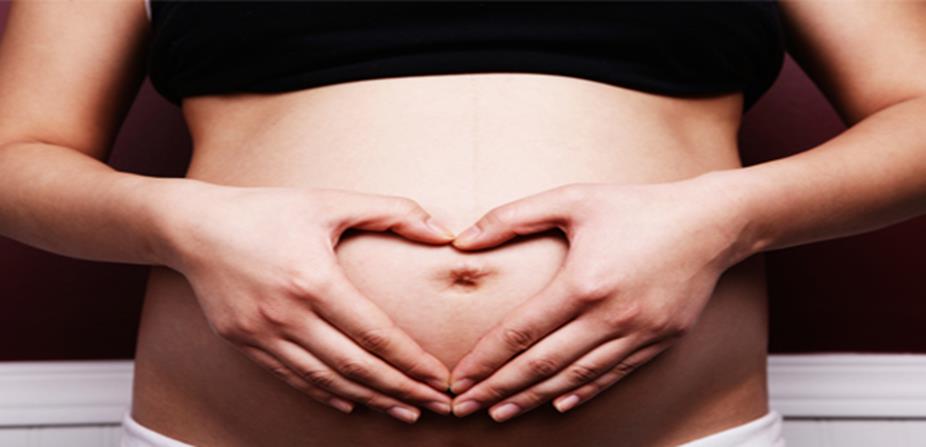The chances of women becoming pregnant would be more than double with the aid of a procedure to make scratches in the lining of their womb, according to a recent analysis.
Endometrial Scratches and IVF
An unsuccessful cycle of IVF is difficult to accept but is not uncommon for many women. The process of embryo implantation is complex and in some common causes failure can be due to a poor endometrial lining. Women who have had repeated failed IVF cycles, despite apparently achieving good quality embryos, may be candidates for this pre-IVF treatment called endometrial scratching. This has has been shown in several studies to improve, or even double the success of implantation. A word of caution, however – other studies have failed to find any correlation at all between endometrial scratches and improved pregnancy rates.
Timing for Endometrial Scratches
The procedure is normally carried out in the luteal phase of the cycle, after ovulation, in the cycle preceding your treatment. Normally this is done around day 21 of the cycle. However, if a couple have been trying for a pregnancy in the current cycle, the endometrial scratching process could very likely end the pregnancy. In these cases, the endometrial scratch should not take place in that month or if it does, it should occur in an earlier stage before ovulation. Some doctors prefer that it should always take place before ovulation.
The endometrial scratch technique, which costs about £250-£350, has been around for decades but has never been a part of mainstream treatment because not enough evidence is about to support it. The theory behind the procedure is that the scratches inside the womb prompt a repair reaction, which stimulates loads of useful growth factors, which in turn gives the embryo a better chance of implanting. Different doctors have different views on various elements of the procedure – when it is done, as mentioned above, or how and where in the uterus the scratches should occur. This all makes it very difficult for proper analysis of the results.
Endometrial Scratch Trial Findings
Fertility doctors in New Zealand reviewed evidence for the Cochrane database of systematic reviews, a highly regarded organisation that provides evidence-based medical information. The fertility doctors looked at eight trials which involved 1180 women trying to conceive, and found that women who had the scratch had an average of 122 per cent better chance of conceiving. Overall, the method appeared to increase the odds of live birth and pregnancy.
Gynaecologists in London report the treatment is becoming increasing popular and this is certainly the case here at Concept Fertility. This is especially so for patents going through a second round of IVF treatment following a previously failed cycle. Of course, nobody expects a 122% improvement and, as already noted above, there is still a lack of general evidence supporting the procedure after many years of availability. Whether the technique results in more pregnancies or not, the theory behind endometrial scratches certainly remains a hot topic in the fertility world!

